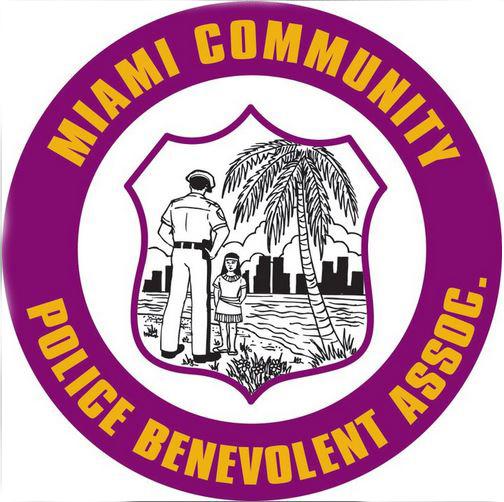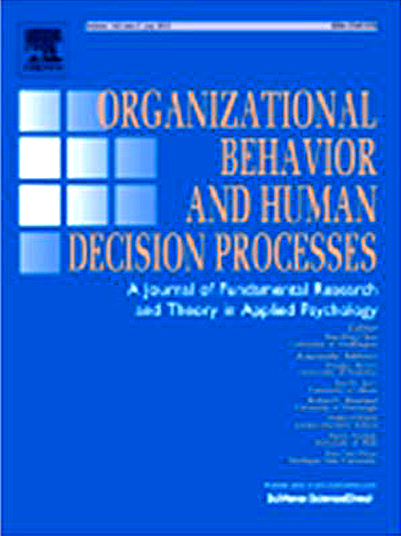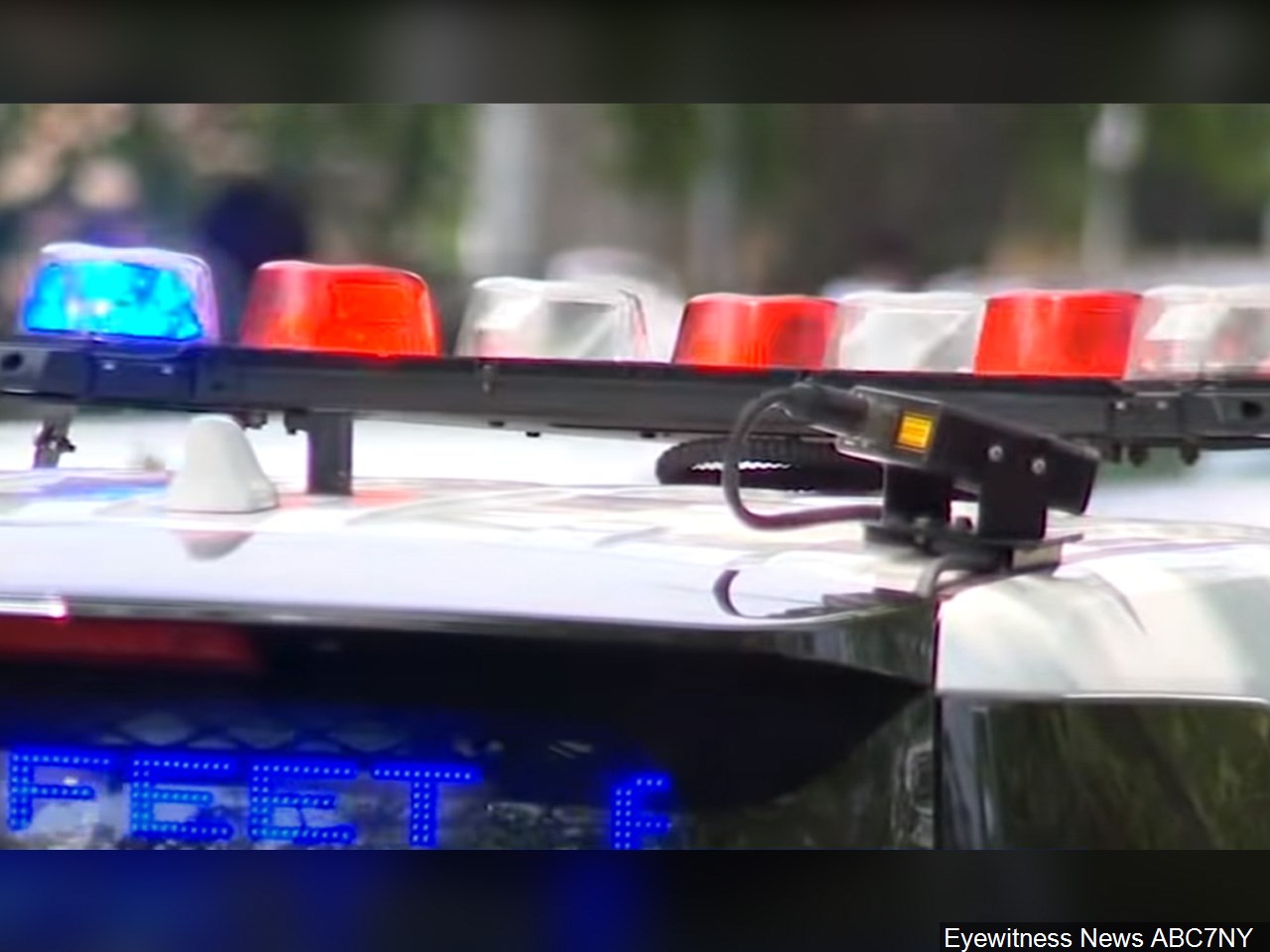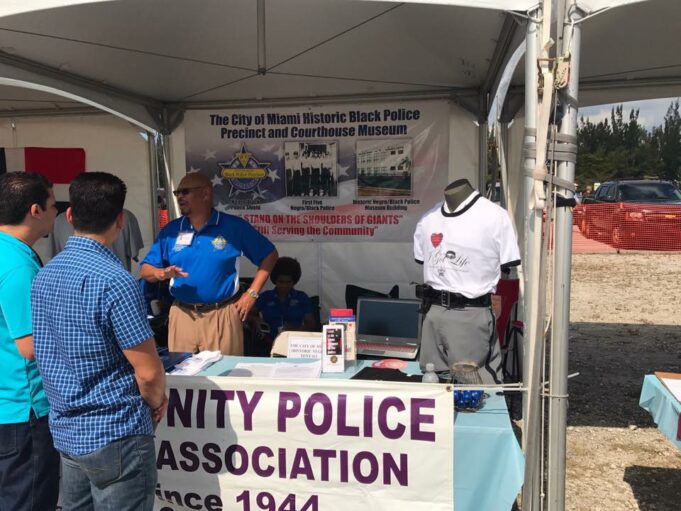Not all police officers are treated equally, particularly if they are Black. A recent study done by Indiana University in which researchers looked at three police departments, Chicago, Los Angeles and Philadelphia, found that Black officers are disciplined disproportionately more than White officers.
“It was data from the police records about their disciplinary process. And we found that Black officers were significantly more likely to be disciplined than White officers and yet they were no more likely than White officers to have complaints or allegations of misconduct made against them,” Dr. Sheri Walter, a management researcher at Indiana University who co-authored the report, told The Final Call.
“So essentially, Black officers and White officers are getting the same number of complaints from citizens for misbehavior and yet somewhere between the complaint happening and the disciplining process, Black officers are being disciplined essentially twice as much as White officers,” added Dr. Walter.
She said researchers looked at the possibility that Black officers are being accused of different types of misconduct and therefore there would be a reason other than bias that they’re disciplined more often, “and we couldn’t find those.”

“And so that leaves us to believe that there may be bias in the system, especially given that we see so much bias in other disciplinary systems like the justice system or school systems punishing Black students more often than White students. And so even though we can’t say for sure that our finding supports bias, it definitely points to a problem in the system,” she added.
“We couldn’t find any justifiable reason for Black officers to be disproportionately disciplined,” noted Dr. Walter.
Several Black cops who have done good have found themselves at odds with their departments or supervisors. One is Brenda James, a Black woman who served as a liaison between the Boston Police Department and the community. In 2010, the department failed to clear her of an injury and later charged her with Absence Without Leave in November 2011 instead of injured leave, according to Dignity Together, an organization that counters workplace abuse. Ms. James was eventually medically cleared and returned to full duty in January 2012. But later that year, the department’s captain met with her at the station at 1 a.m. without a union representative and issued a suspension. After that incident, Ms. James went through eight years of abuse.
“I noticed that the White officers were White supremacists. They didn’t fully support my policing style,” she said in an interview with Screw the Hierarchy, a podcast about workplace bullying. “I’m left with these questions: Is this my job to fix the relationship with my community, to help, or is it my job to just conform to the police culture and whatever that whole system has represented?”
And what is that culture? “When you’re Black, you’re supposed to be subservient. You’re supposed to know your place, regardless if we all went to the same police academy and we have the same credentials. Once you get on the police department, it is a culture,” said Stanley Jean-Poix, the president of the Miami Community Police Benevolent Association (MCPBA) and a sergeant with the Miami Police Department. “They try to make you choose between police and community. And you will find most times Black officers will be like, ‘Hey, no. I gotta go with community.’ Because I’ve been through that. Once you take off your uniform, I’ve been profiled, I’ve been stopped out of uniform.”

Mr. Jean-Poix has been a police officer for 22 years. He said the MCPBA was formed when the first five Black police officers were hired to the city of Miami. “What happened is they couldn’t join the White union due to segregation and Jim Crow. And so, two years later, they were being mistreated. They couldn’t arrest White people. They had to work only Black areas. They got lower pay, and they couldn’t be part of the bargain unit. They decided to form their own organization. And at that time, it was called the Miami Colored Police Benevolent Association. In the 60s, they changed it to community,” he said.
Mr. Jean-Poix said now the organization is seeing a lot of pushback and retaliation and that Black officers in the department are being disciplined more than the Latino and White officers.
“We’re getting transferred. We’re getting written up. Everything like that. As an organization, we’re actually being targeted right now. So, we’re in internal affairs, we’re getting called to internal affairs almost every other week, and they’re trying to discipline us for bogus stuff. ‘Oh well, you know you were leaving on a car, you forgot to do a sign-in log,’” he said.
Abdul Shahid Muhammad is a sergeant with the Memphis Police Department and has had his fair share of dangerous encounters in his line of work with suspects but agrees, Black officers tend to be disciplined more rigorously, and more often than our White counterparts. He also commented on the history of Black people in policing.
“Law enforcement as an institution in America has its roots in slave patrols. That’s what policing initially in America was for. It was for capturing runaway slaves and bringing them back to their homes. White people policed themselves. So, a police force in America, for the most part, was to police Black people,” he said.
Other Black officers who have experienced mistreatment by their departments or supervisors are Lorenzo Davis and Cariol Horne. Lorenzo Davis served with the Chicago Police Department for 23 years before he retired. A few years after retirement, he applied to the Independent Police Review Authority, where he reviewed officer-involved shootings. He marked some cases “unjustified” because he stated some were “outright murder.” When he refused to change them to justified, he was forced to leave his position.

Cariol Horne is a former police officer with the Buffalo, New York, police department. She intervened in an incident where a White officer had a Black suspect in a chokehold, and she was later fired.
“I went through a lot, as far as losing every material thing that I had. To me, it still was worth it, because a job is not worth somebody’s life,” she told The Final Call. “I knew had I not done anything; he would’ve died.”
She explained how one officer-initiated arrest creates jobs in the justice system.
“You have police officers, parole officers, corrections, probation officers. Their ultimate goal is to fill the prisons, but everybody in the court system, the judges, lawyers, everybody is getting paid off of one police-officer-initiated arrest. That’s why the cities are overpoliced,” she said.
Non-Black officers have also been fired for doing good. Stephen Mader, a former police officer in West Virginia, was reportedly fired for making the decision to not shoot and kill a young Black suspect in 2016. Mr. Mader subsequently settled a wrongful termination suit with his former department for $175,000.
Just recently, Joliet, Illinois, police sergeant Javier Esqueda was fired and arrested for leaking a video of Eric Lurry’s death, a 37-year-old Black man who died in police custody.
The culture within police departments and the consequences of speaking out has caused fear. Just as Blacks make up only 13 percent of the U.S. population, they also make up a small percentage of police officers. Despite efforts to improve diversity, minorities remain largely underrepresented in many local police departments, noted governing.com, the website for Governing the Future of States and Localities, a media platform covering politics, policy, and management for state and local government leaders.
In 2015 the group released a report, “Diversity on the Force: Where Police Don’t Mirror Communities,” which examined the racial/ethnic makeup of 269 police departments. Among other findings, the report noted, “Racial and ethnic minorities were underrepresented by a combined 24 percentage points on average when shares of police officers were compared to Census population estimates for each of the 269 jurisdictions reviewed.”
About 27 percent of officers in all local police departments in 2013 were racial or ethnic minorities, according to Bureau of Justice Statistics data, the report said. “This represents an increase from only 17 percent in 1990. Still, diversity efforts haven’t kept pace with the country’s shifting demographics. In fact, total minority representation in local law enforcement agencies trails the U.S. population more so now than two decades ago,” the report noted.
“The Black officer, you don’t want to be an outcast. You don’t want to be railroaded. You don’t want to be set up. You don’t want people responding slower to your jobs when you’re calling for help,” said Corey Pegues, a retired executive from the New York City Police Department. “So you have all of these different variables that you’re dealing with. It takes away from policing the community to where you’re supposed to. You’re supposed to preserve life and protect property.”
He was a part of a lawsuit by the National Latino Officers Association against the New York City Police Department in 1996 for racial discrimination.
“The George Floyd incident shows you exactly why the culture is what it is. You have a male, White officer with 18 years on the job,” he said. “He has about 18 or 19 complaints, and that particular day, he was the training officer. If that doesn’t push you off, the police commissioner for the police department is Black. So how in the hell does a Black police chief allow an 18-year veteran with that background to be the training officer for that day? Is that who you want out training cops? And this is a Black chief that was in charge.”
He is pushing the Corey Pegues Bystander Law, which would cause officers who witness another officer commit a crime to be terminated if they don’t speak up.
“George Floyd is the extreme, but if they do something or hit somebody that’s cuffed, if they’re standing there and they don’t report it, they need to be fired immediately,” he said. Mr. Pegues also said there needs to be progressive people in policing.
Ms. Horne has been working on Cariol’s Law, which would impose on officers a duty to intervene when another officer poses a threat to citizens. It would also make officers accountable for neglecting to intervene or falsifying reports, protect officers who do intervene and provide justice for whistleblowers.
“In my case, I am the only one that got in trouble. The handcuffed guy, all of his charges were dropped. The guy that was choking him, he got away with it. He eventually had to go to jail, but that was for something different, because he continued to do the same thing. In the case of the Joliet police officer, I don’t know what’s going on with these two murderers, but he’s the one that got fired, and not only fired, also charged, criminally charged for leaking the video,” she said. “Good police officers need to know that they are protected if they do stand up against the bad ones.”
The Buffalo New York Common Council ruled in favor of the law, and it is currently waiting for the mayor to sign. Mr. Jean-Poix said he wishes the Black community understood what Black officers go through.
“I’m trying to keep my job, I gotta show a different face. And I really, you know, I really don’t want to do a lot of this stuff, but I’m stuck. Because if I don’t, I’m going to start getting disciplined. I’m going to get ostracized,” he said.
He talked about his experiences of being racially profiled. “Once I take off the uniform, those cops don’t care. I’ll get stopped by a White cop and he’ll dog me out the same way he’ll do somebody else. I’ve been profiled five or six times easily throughout my career,” he said.
“You have to remember that when you’re out working, you have to advocate for your community. You have to make a difference,” he said.
The MCPBA helps represent officers who are called into internal affairs. It also gives $1,000 as a defense fund to officers who were on the job and doing it properly.
Mr. Abdul Shahid Muhammad said Black police officers suffer in silence. He said two reasons why is because of their career and the division between Black officers. He also said, that if the Black community knew what happens in police departments to Black officers, they would lack even more faith in police.
“If the Black community knew, they would have even less faith, which speaks to why it is important what the Honorable Minister Louis Farrakhan has taught us and the truth he continues to teach to Black America and with what the Most Honorable Elijah Muhammad has said: the best and only solution is separation and to police ourselves,” he said referring to the teachings of the Nation of Islam patriarch and His National Representative.
“The influence of the law enforcement has proved positive to me, in my estimation, that once we are separated, we are well-able to police our own communities and police our Nation.” (Final Call staff contributed to this report.)













